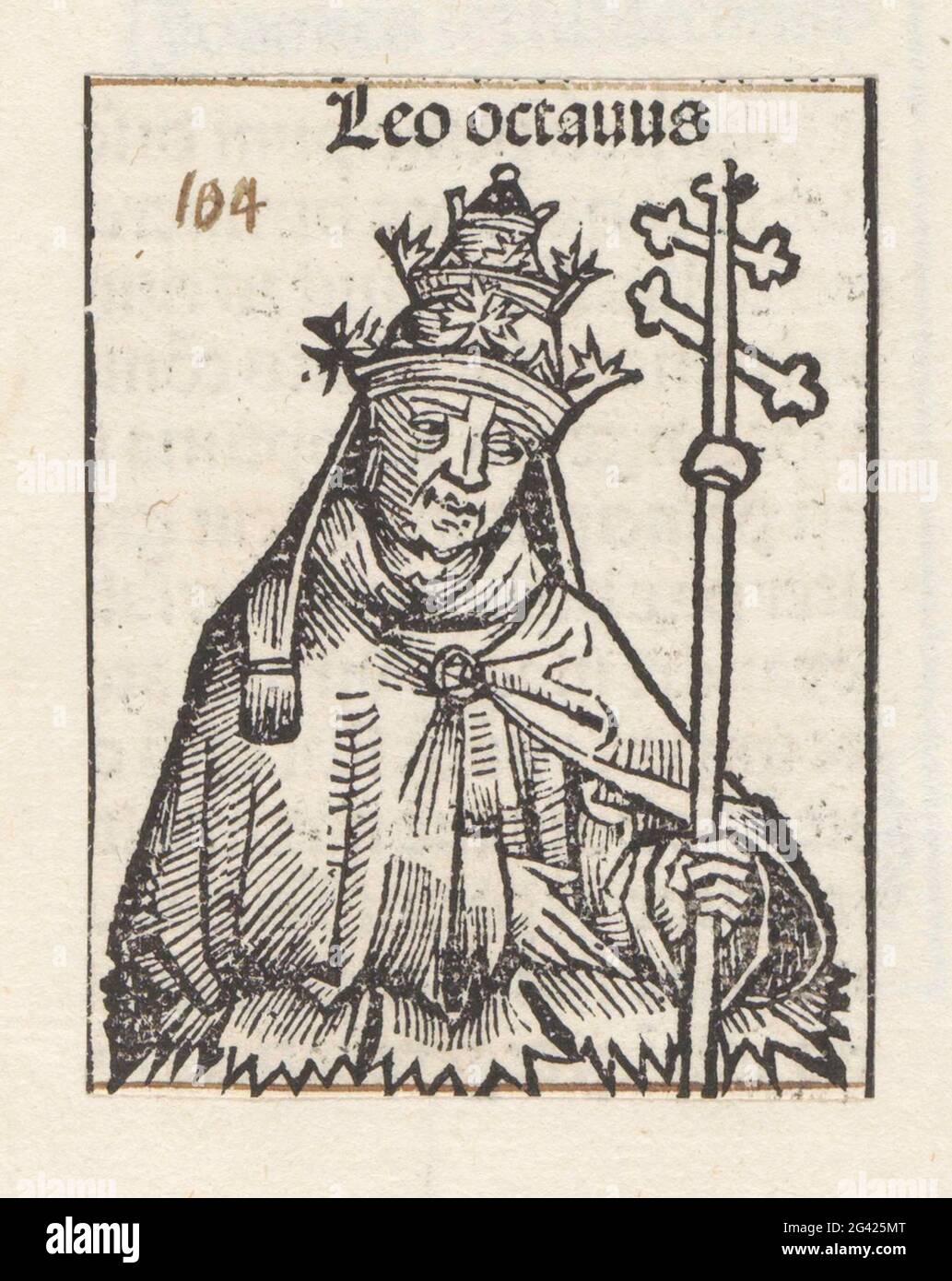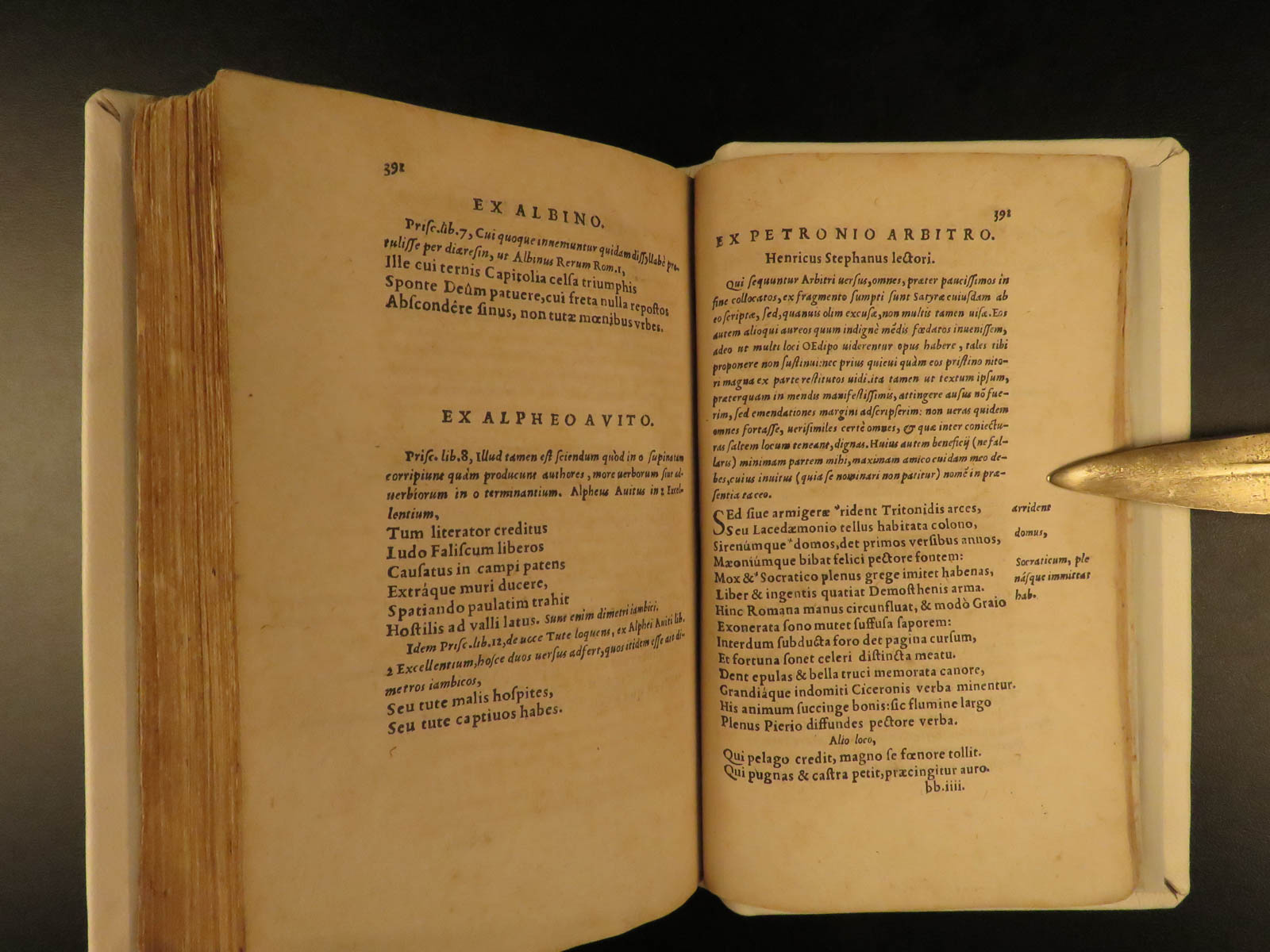
A similar feeling of pride at the completion of a great career is expressed in the memorial lines which he composed to be placed under his bust after death: “Let no one weep for me, or celebrate my funeral with mourning for I still live, as I pass to and fro through the mouths of men.” Literature Įnnius continued the nascent literary tradition by writing plays in Greek and Roman style ( praetextae and palliatae), as well as his most famous work, a historic epic in hexameters called the Annales. He compared himself, in contemplation of the close of the great work of his life, to a gallant horse which, after having often won the prize at the Olympic Games, obtained his rest when weary with age. In the last book of his epic poem, in which he seems to have given various details of his personal history, he mentioned that he was in his 67th year at the date of its composition. But he himself lived plainly and simply in the literary quarter on the Aventine Hill with the poet Caecilius Statius, a fellow adapter of Greek plays.Īt about the age of 70 Ennius died, immediately after producing his tragedy Thyestes. It was through the influence of Nobilior's son Quintus that Ennius subsequently obtained Roman citizenship.

Afterwards he made the capture of Ambracia, at which he was present, the subject of a play and of an episode in the Annales. Amongst these were Scipio Africanus and Fulvius Nobilior, whom he accompanied on his Aetolian campaign (189). There he taught Greek and adapted Greek plays for a livelihood, and by his poetical compositions gained the friendship of some of the greatest men in Rome whose achievements he praised. While in Sardinia in the year 204 BC, he is said to have attracted the attention of Cato the Elder and was taken by him to Rome. The public career of Ennius first really emerges in middle life, when he was serving in the army with the rank of centurion during the Second Punic War. And this, he used to say, according to Aulus Gellius, had endowed him with a triple linguistic and cultural heritage, fancifully described as "three hearts… Greek, Oscan and Latin". The partly Hellenised city of Rudiae, his place of birth, was certainly in the area settled by the Messapians. Ennius seems to have been given to making large claims, as in the report by Maurus Servius Honoratus that he claimed descent from Messapus, the legendary king of his native district.

It is true that the doctrine of the transmigration of souls once flourished in the areas of Italy settled by Greeks, but the statement might have been no more than a literary flourish. Some lines of the Annales, as well as ancient testimonies, for example, suggest that Ennius opened his epic with a recollection of a dream in which the ancient epic-writer Homer informed him that his spirit had been reborn into Ennius. His contemporaries hardly mentioned him and much that is related about him could have been embroidered from references to himself in his now fragmentary writings.

Very little is reliably known about the life of Ennius.


 0 kommentar(er)
0 kommentar(er)
